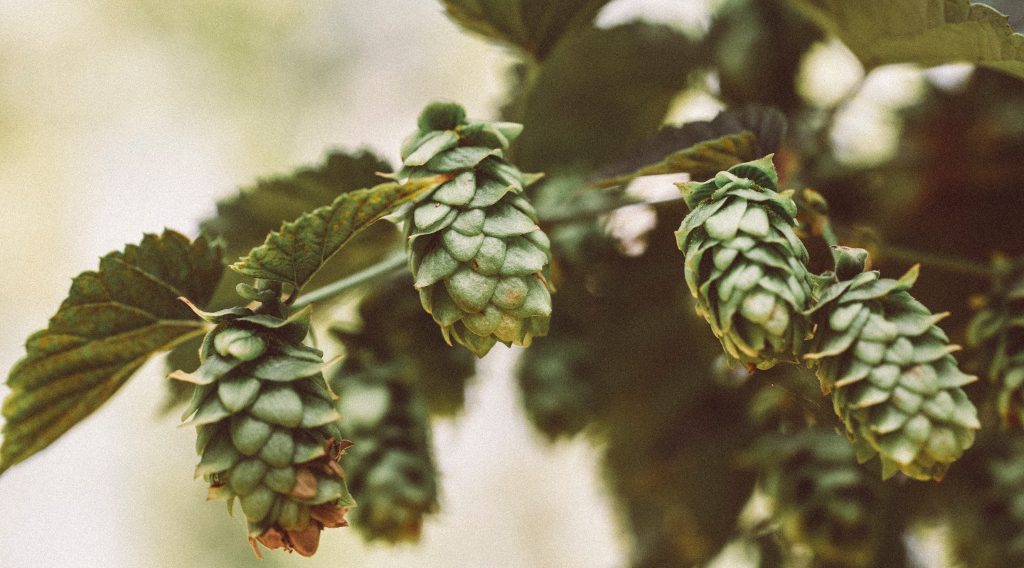Q: Ask a Pro: Do the kinds of hops in beer really matter?
A: Yes, hops totally matter!
They matter on a fundamental level: beer can’t be called beer without hops and they’re part of the structure of the beer. The level of bitterness plays a very important role as well (see my post on IBU) in the final beer.
The really interesting part though, is the huge range of different aroma and flavour compounds each hop variety brings to the table. Much like how wine grapes have different varieties, there are around 150 types of hops. Each with their own levels of bittering components, aromas, and flavours.
The ingredients in beer are so interesting because each one contributes so much to the overall drinking experience. Malt provides the fermentable sugars that are turned into alcohol, also the colour and a wide range of flavours. Hops give a lot of the fruity components, as well as spicy, floral, grassy, and earthy qualities. And yeast sort of fills in the gaps, it can provide a wide range of aromas and flavours that can drastically change how you perceive the beer.
Another way of thinking about the components of beer could be to think of it like sound. Good, balanced sound needs 3 levels – bass, midrange, and treble. Malt is the bass, yeast the midrange, and hops the treble. Hops are the brightness that can make the beer snappy, and energetic – they can also add interesting background notes.
There are a few main hop growing regions, the US, Germany, the UK, and New Zealand/Australia. All with very different varieties – US hops generally are citrus/piney, German hops tend to be more spicy/grassy, UK giving floral/earthy notes, and New Zealand/Austrailian hops have massive tropical fruit aromas.
Give the next beer you open a big sniff, what type of hops do you think are used?

